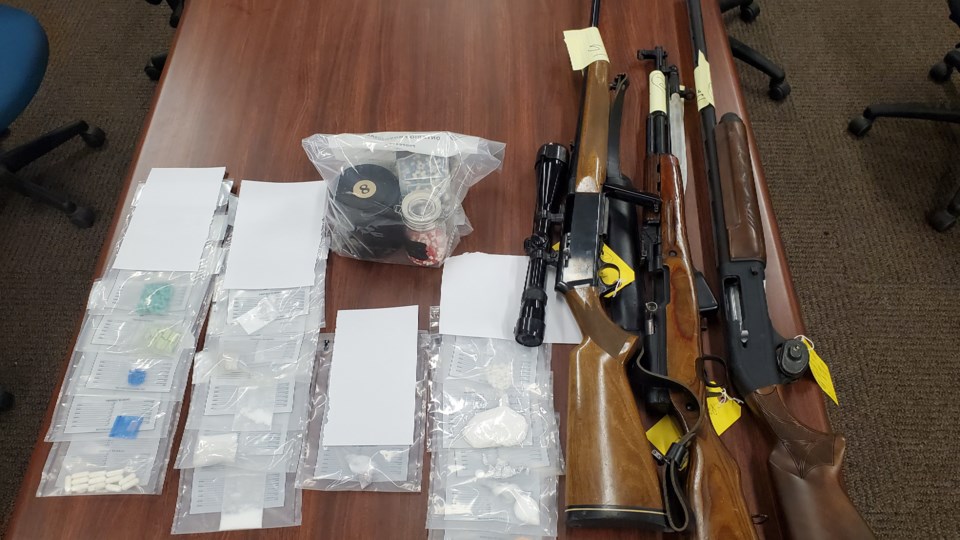Last year’s spike in firearm seizures was not necessarily reflective of an increase in gun-related crimes, Greater Sudbury Police Service Insp. Inspector Robert Norman told Sudbury.com.
In their latest audit of property and evidence control, GSPS counted 525 guns seized in 2023, which was an increase from the 423 firearms seized the previous year.
GSPS takes in guns for a variety of reasons, not all of which relate to crime, he said.
Approximately 20 per cent of firearms included in this report were volunteered to police for safekeeping or for cases where a family member has died and left behind firearms.
Police either dispose of these guns or hold onto them until such time as family members fill out the required paperwork to secure the firearms legally.
In one case last year, someone died and left behind 21 firearms his family had to contend with, which fell into the hands of GSPS. In another case, 13 firearms were passed on to police following a death.
Another 21 per cent of the firearms they took in relate to intimate partner violence.
“There is an investigative responsibility that surrounds safety of the victim and safety of the public,” he said, adding that even when firearms were not used they are seized as a preventative measure.
“It’s just an overall increase in public safety and accountability ... to ensure that anybody who has firearms, that we’re handling those incidents appropriately.”
Alongside cyclical changes in year-over-year numbers, Norman pointed to an increase in mental health-related calls as another possible explanation for the jump, since police have the power to seize firearms in those cases as another preventative action.
As for cyclical changes, he said, “One singular incident that had nothing to do with criminal investigations or charges resulted in 21 firearms coming into our possession.”
Norman did not have the latest numbers on firearm-related crime in 2023, with GSPS slated to release year-end statistics during a board meeting in June.
Tyler Clarke covers city hall and political affairs for Sudbury.com.



